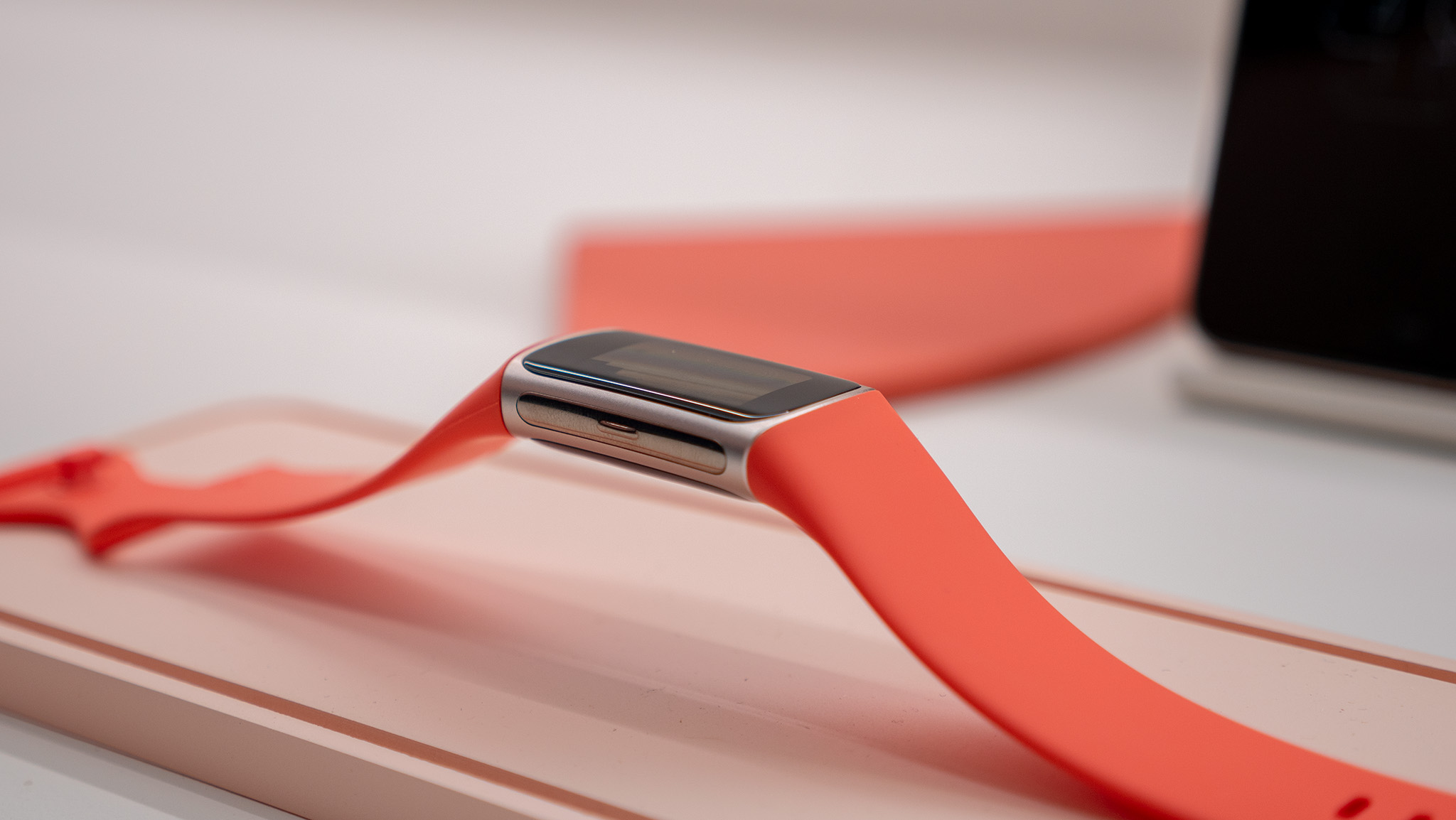Honor is innovating its way to the top
With incredible foldables and standout cameras, it feels like Honor can do no wrong.
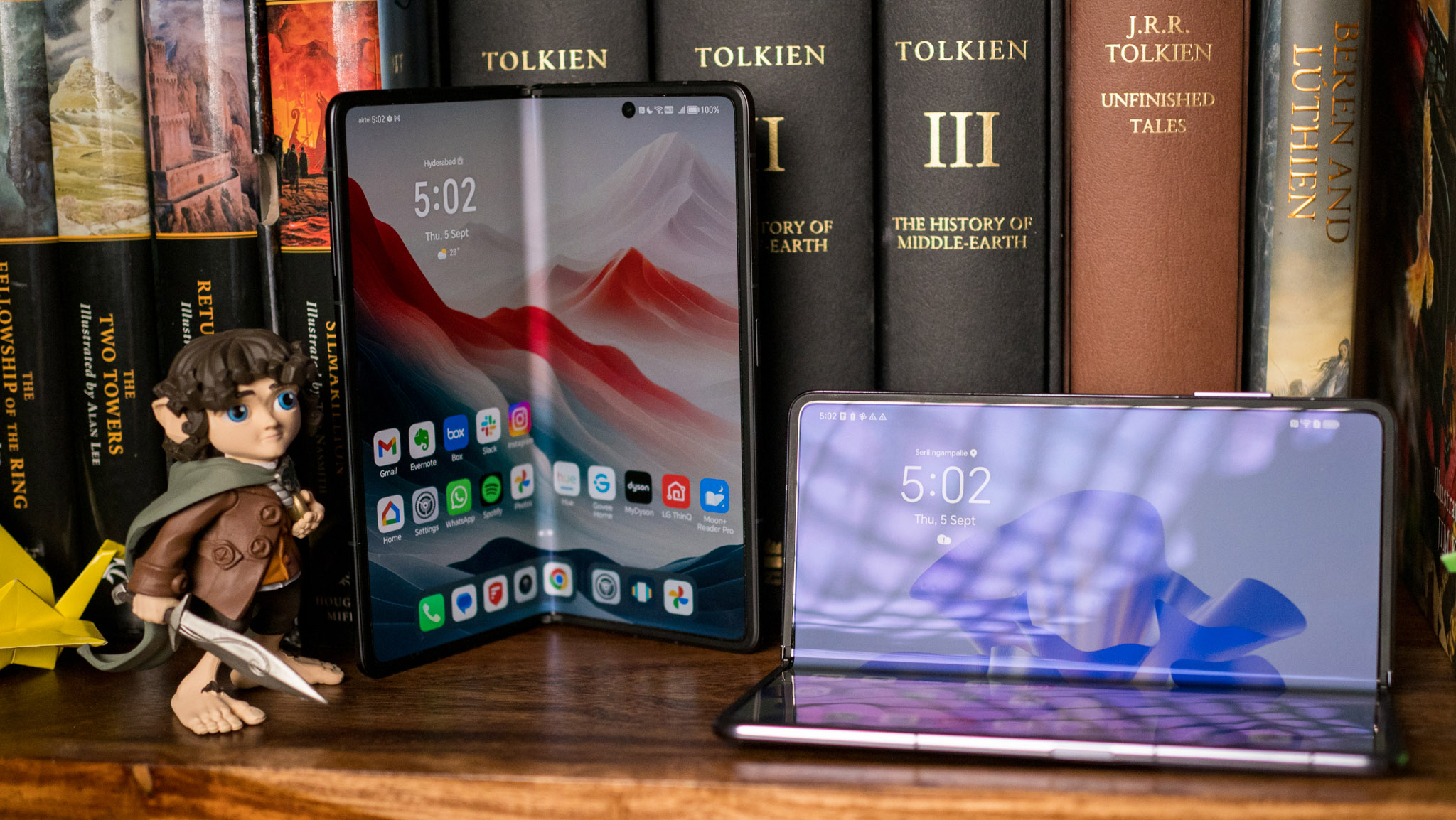
I've always been a fan of Huawei's phones, and the P30 Pro in particular still evokes fond memories. The phone had an incredible set of cameras with unique tuning, a gorgeous design, and reliable hardware. The P30 Pro positioned Huawei as a leading Android manufacturer, and it felt like the brand was poised for great things.
Of course, the U.S. trade ban effectively put a halt to that, and while Huawei is still delivering great phones — the Pura 70 Ultra is a terrific showcase, and the insane tri-fold design is quintessential Huawei — the restrictions have hobbled the brand's global progress.

In Hardwired, AC Senior Editor Harish Jonnalagadda delves into all things hardware, including phones, audio products, storage servers, and routers.
This is where Honor comes in. The brand started out in 2013 as a Huawei sub-brand aimed at a younger audience — much like POCO is to Xiaomi — and it picked up a sizeable market share thanks to its budget-focused designs. Honor was similarly affected by the U.S. ban, but it split away from Huawei at the end of 2020, and is now controlled by a Chinese consortium.
The split allowed Honor access to Google services once again, and it used that to good effect, swiftly rising up the ranks in the intervening three years and making decent inroads outside China, a sizeable achievement considering it doesn't have access to Huawei's marketing might any longer. While Honor focused on budget devices under Huawei, it is now squarely positioned at the premium segment, and more importantly, it is delivering exciting designs that stand out from the pack.
Chinese brands consistently push the boundaries of hardware design, whether that's retractable camera modules, phones with screens mounted on sliding rails — like the Xiaomi Mi Mix 3 — or foldables. Yes, Samsung beat its Chinese rivals by debuting foldables ahead of everyone else, but all the best innovations in this area are coming from Chinese manufacturers.
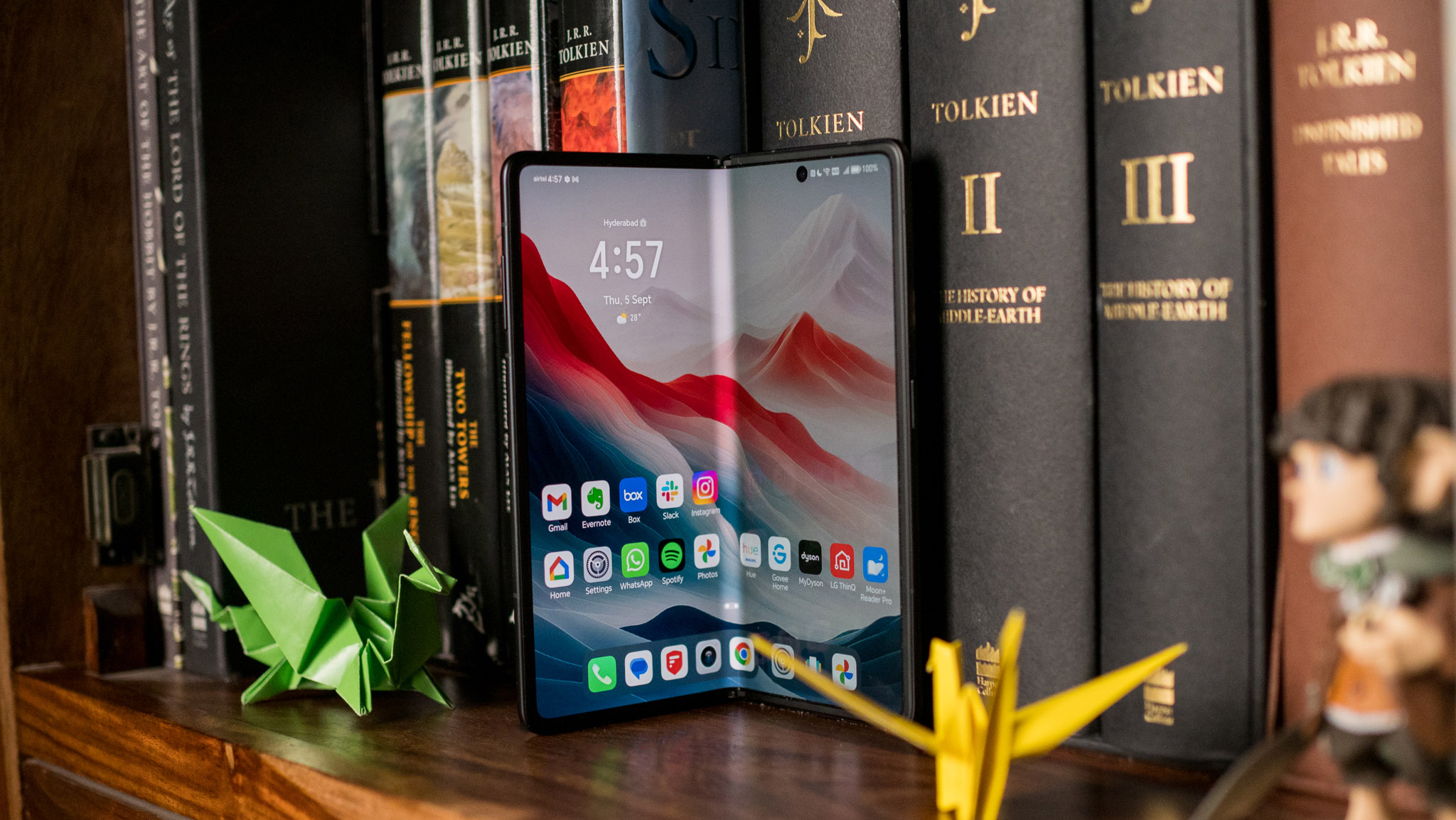
Whether it's Vivo with an ultra-sleek design and dual fingerprint sensors housed inside the X Fold3 Pro, or the insane tri-fold design that Huawei just introduced, there hasn't been any shortage of innovative ideas of late. The most exciting foldable I used this year is the Magic V3; it is even thinner than last year's Magic V2, and the design removes a lot of the pain points associated with foldables — the device is just as thin and light as a regular phone.
Honor has one of the strongest camera packages on a foldable, the best battery life, and the best displays. The manufacturer's efforts with PWM dimming and ensuring its devices have flicker-free panels give it a sizeable advantage, and the Magic V3's Defocus Display is terrific — as my colleague Nick Sutrich pointed out.
Get the latest news from Android Central, your trusted companion in the world of Android
It isn't just foldables either; the Magic 6 Pro continues to be one of the best phones around, and the recently-unveiled MagicPad 2 tablet brings an OLED panel to the mid-range segment. Honor's strategy to focus on premium devices is an outlier; most Chinese brands turn to the budget segment to build overseas market share, and it's good to see Honor not going down that route.
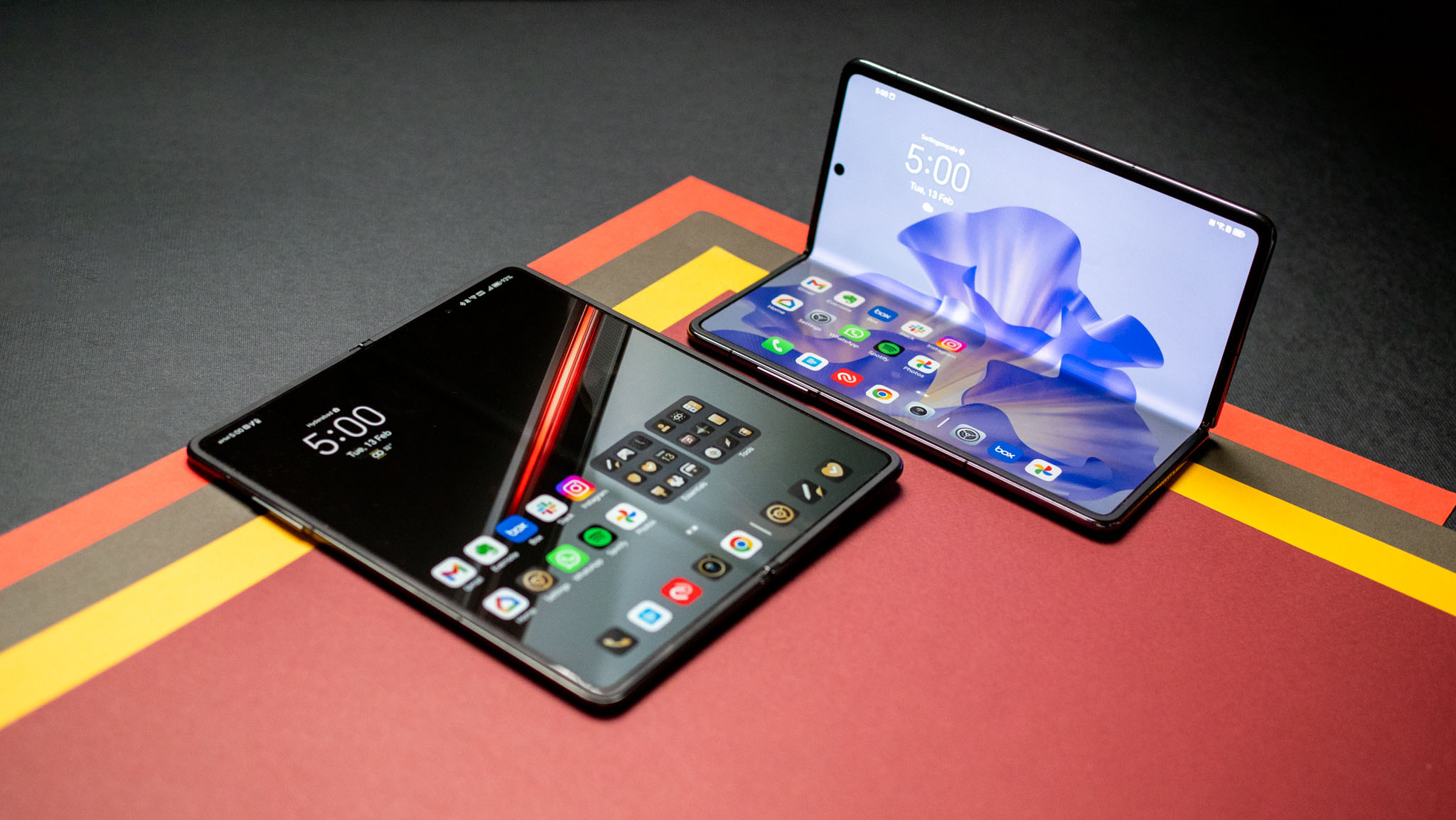
The biggest criticism I can level at Honor is the software; MagicOS needs a visual refresh, as it still has legacy EMUI underpinnings. The recent MagicOS 8.0.1 build shows positive signs in this area, with Honor turning to a slew of AI-assisted features to differentiate its software and teaming up with Google. I'm ambivalent towards generative AI, but a lot of the features available on the Magic V3 are actually usable and not just gimmicky, and that in itself is a big deal.
Honor is doing a terrific job taking on Huawei's mantle in the high-end segment, and I can't wait to see what the brand has in store for 2025.
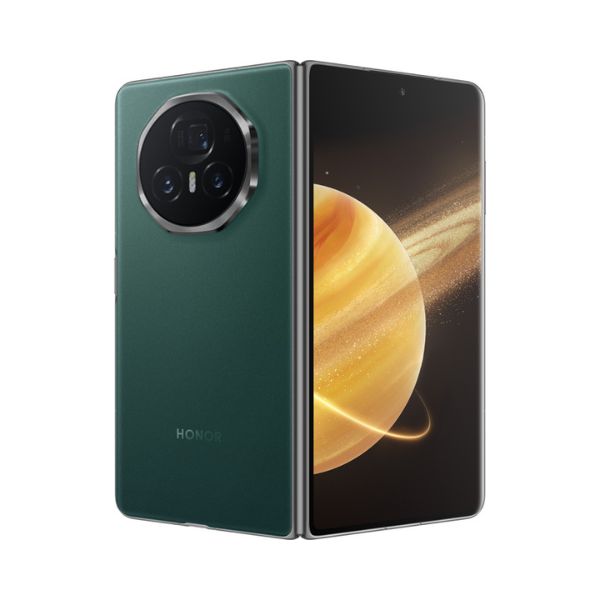
The Magic V3 is the thinnest foldable you can buy today, and the feature-set puts the Galaxy Z Fold 6 to shame.

Harish Jonnalagadda is Android Central's Senior Editor overseeing mobile coverage. In his current role, he leads the site's coverage of Chinese phone brands, networking products, and AV gear. He has been testing phones for over a decade, and has extensive experience in mobile hardware and the global semiconductor industry. Contact him on Twitter at @chunkynerd.
You must confirm your public display name before commenting
Please logout and then login again, you will then be prompted to enter your display name.
